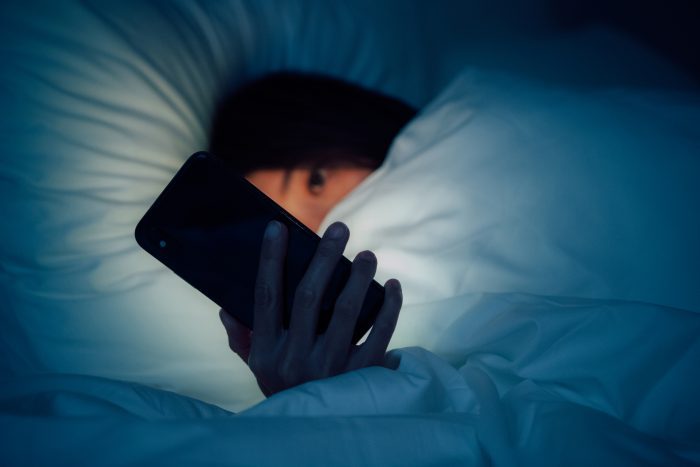D. None of the Above: The messy world makes even less sense when we’re sleep deprived
By Daniel Dunaief

The world is a mess.
For some, that world doesn’t even need to extend beyond the walls of their own home, as they deal with one personal or family crisis after another.
For others, that includes horrible headlines and the reality of a world in which people jump at the opportunity to attack them physically, verbally or both. The world is filled with so much dry kindling that any kind of spark seems sufficient to lead to a brush fire.
And, stupidly, many of us look at our phones or watch the news right before we go to bed, giving our unconscious minds the opportunity to marinate in the misery and to imagine ourselves caught in circumstances beyond our control that conjure our worst nightmares on steroids.
Once our minds start to ponder these horrific realities, some of which play out in the protests and counter protests that characterize an American landscape filled with divisions and tectonic differences, we find ourselves staring, wide eyed, into a dark abyss.
Despite the need to give our minds and souls a rest to rebuild our resilience and prepare us for the next day, we struggle to sleep for any length of time.
Like a bad habit we can’t kick, sleep deprivation defines our existence, making us more vulnerable, angrier, and reactive to the kinds of stimuli, conspiracy theories, and information that unnerves us.
Shutting that down and ignoring the reality of a world coming apart doesn’t seem like an option, even if we ourselves aren’t doing anything other than losing sleep, arguing with friends, family or coworkers, and promising to vote for the person whose anger, frustration, and alarm bells sound similar enough to our own.
These restless nights exacerbate our feelings of unease and anxiety. Even for people who didn’t have a hard day filled with deadlines, challenging assignments, impossible bosses, or frustrating losses, the end of the day can feel less like a chance to reflect on triumphs than a moment to surrender to a cruel circadian rhythm that leaves us with even less emotional and energy reserves each day.
We need the kind of sleep that doesn’t depend on over the counter remedies. We need to feel safe, secure, and relaxed enough to rest.
For many of us in the United States, that relaxation can arise out of a belief in a better tomorrow. We can control ourselves, the world we create for our children, and the way we interact with each other.
We might sleep better if we feel like we improved someone else’s day, if we volunteer to help others, or if we take a moment to appreciate what we can control.
Getting up and circling the house at 2 or 4 am won’t help us the next day, nor will logging onto our computers and sending or responding to emails. We’re not doing our best work at those hours and we aren’t our most insightful.
The benefit of stories in which the characters live “happily ever after” is that it gives our minds resolution and helps us believe that things will work out for us as well.
Our parents and grandparents rarely tell us to give up, give in, and surrender to problems outside of our control. We shouldn’t tell ourselves that either, no matter how late at night we might start to believe it.
A good night’s sleep won’t help us solve the world’s problems, but it may help us start to solve some of our own. People have told me many times not to make decisions when I’m angry or frustrated. The same holds true for being tired. Finding solutions to our nighttime problems may contribute to discovering some relief from the pressures and worries of the day.







